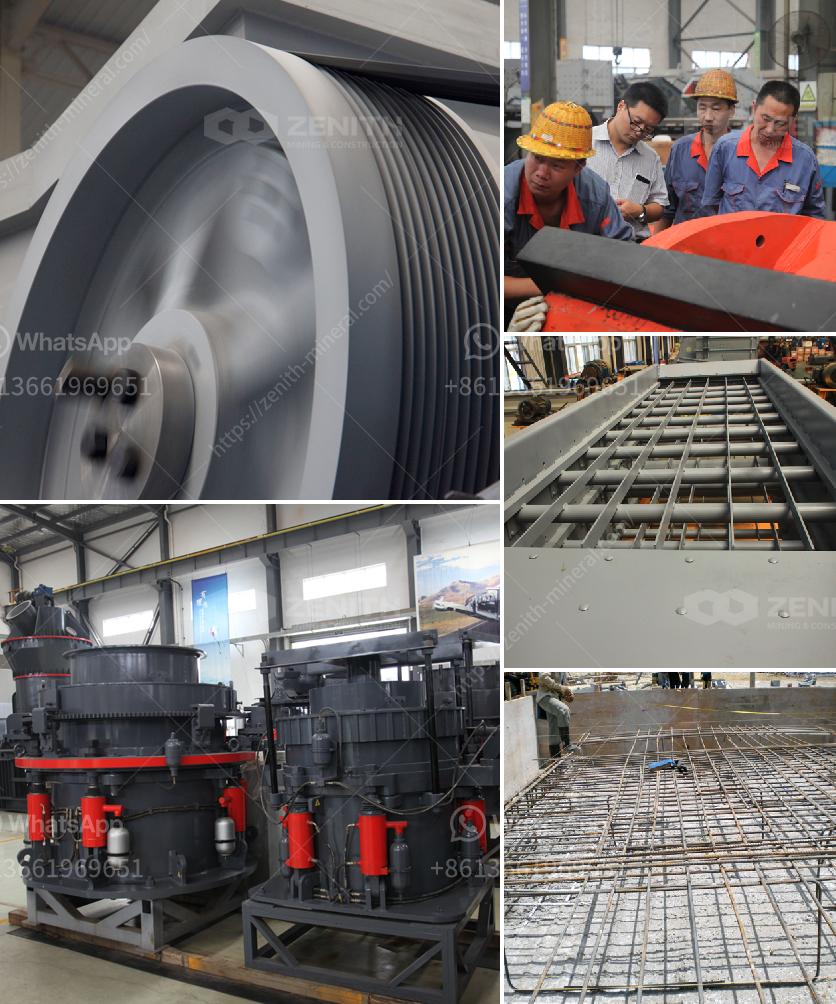The efficiency of a jaw crusher depends on several factors:
Design and Structure: The design of the jaw crusher including the type of jaw plates and the crushing chamber shape significantly impacts its efficiency. Well-designed chamber and plates ensure optimal crushing force and angle.
Feed Size and Distribution: Uniform feed distribution and appropriate feed size can enhance crusher efficiency. Uneven feed can cause issues such as overloading or inefficient crushing.
Material Characteristics: The hardness, moisture content, and crushability of the material influence the efficiency. Crushers are designed for specific material types and characteristics.
Operational Factors: Consistent and optimal operational parameters such as crusher speed, toggle plate position, and closed side settings contribute to performance efficiency.
Maintenance and Condition: Regular maintenance, timely wear part replacement, and ensuring the crusher is in good condition are crucial for sustained efficient operation.
Automation and Controls: Modern jaw crushers may have automated systems and controls that optimize settings and improve efficiency by adjusting parameters in real-time.
Continuous monitoring and adjustments based on these factors can help maintain and potentially improve the jaw crusher's efficiency.
